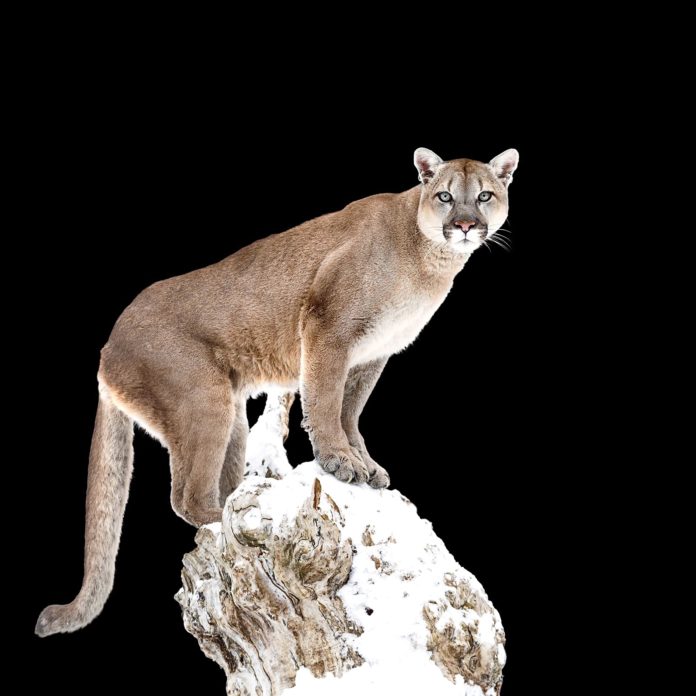You can help all animals and our planet by choosing compassion on your plate and in your glass. #GoVeg
RELATED ARTICLES
Pressure Mounts For Arizona To Ban Dog Pack Hunting Of Mountain Lions, Bears & Other Critical Species
Conservation groups have submitted a petition to the Arizona Game and Fish Commission urging a ban on the use of dog packs for hunting...
Help Save Millions Of Lives This Holiday By Choosing Compassion On Your Plate; Adopt A Turkey Today!
As Thanksgiving approaches, we hope you enjoy a warm and safe holiday. We encourage you to make a compassionate choice by leaving animals off...
Giraffes Are One Step Closer To Receiving Vital Endangered Species Act Protections
In response to a petition and subsequent lawsuit by conservation and animal protection organizations, the U.S. Fish and Wildlife Service (USFWS) has proposed listing...
Popular stories
News
Bottlenose Dolphins & Harbour Porpoise Form An Unlikely Friendship While Swimming & Playing In The Waters Off Cornwall, England
Photo from ORCA’s Instagram
Wildlife watchers in Cornwall are being urged to help ORCA by looking out for a very unusual marine pairing spotted off...
News
Tiny Saw-Whet Owl Found In Rockefeller Center Christmas Tree After Traveling 170 Miles To New York City
A tiny saw-whet owl is now recovering at the Ravensbeard Wildlife Center in New York after being found in the Rockefeller Center Christmas tree.
It...
Breaking News
Lion Cub Illegally Kept As A Pet Is Rescued From Lebanon & Relocated To South African Sanctuary
Photos by HSI
A four-month-old lion cub named Pi, who was rescued from an illegal pet owner in Lebanon, has been safely relocated to his...



